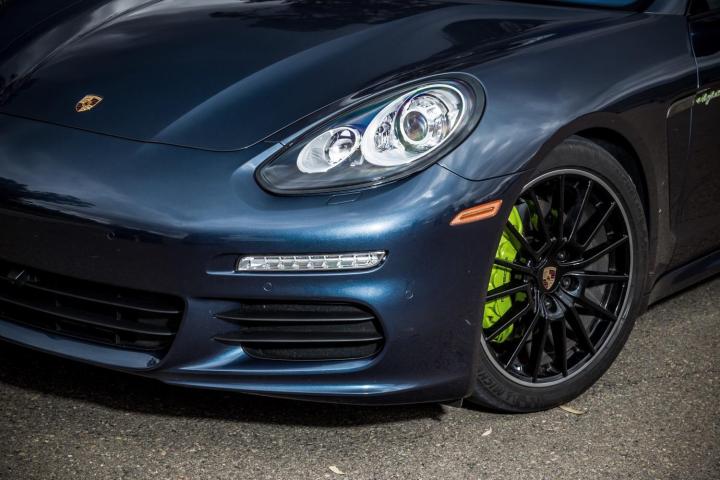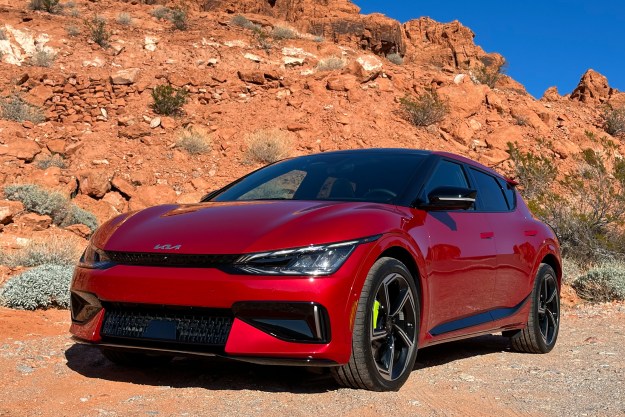
There’s been plenty of chatter lately about Porsche pursuing both battery-electric and hydrogen cars, and while the company has denied that it’s working on any of this, a recent patent filing seems to indicate otherwise.
Porsche filed a series of patent applications for battery and fuel-cell powertrains in the U.S., China, and Germany, reports Autocar. These are understood to be for Porsche’s BMW 5 Series-Fighting sedan, the “Pajun” (short for “Panamera Junior”), which doesn’t have a clear arrival date yet.
The patents show a new platform specific to these models, adapted from the MSB platform that will underpin the Pajun and various future Volkswagen Group models.
Carrying over certain aspects of the MSB platform will save money, but Porsche will still apparently modify it significantly to make installing zero-emission powertrains easier.
The battery and hydrogen versions will reportedly both use rear-mounted electric motors, one for each wheel. One version will get a battery pack mounted in the middle of the car as part of the structure, while the other will get a fuel-cell stack mounted in front, using space ordinarily taken up by the engine.
Filing for patents doesn’t automatically mean certain technologies will go into production, but if such cars do get built, the battery and hydrogen Pajun variants would probably appear sometime after the gasoline models. And the fuel-cell version would probably be built in much more limited numbers than any other variant.
While Porsche hasn’t confirmed plans to depart completely from internal combustion, this isn’t the first hint it’s given regarding zero-emission powertrains.
In a March presentation on VW Group product plans by technical chief Ulrich Hackenberg, a chart showing future battery and fuel-cell models included slots for one of each from Porsche.
Even before that, there was speculation of an all-electric version of the Pajun, as well as a related model dubbed the 717. Such a car makes sense for Porsche not only as a way to raise efficiency, but also to directly compete against the Tesla Model S.
And with the hydrogen-car market still in its infancy, Porsche could potentially lay claim to the first truly sporty fuel-cell production car.
That would be quite the technical coup, although Porsche might want to synthesize some flat-six or V8 noises, for old time’s sake.
Editors' Recommendations
- Fake engine noises in electric cars need to die
- Genesis Neolun concept is an electric SUV inspired by tradition
- 2024 Dodge Charger Daytona reinvents the muscle car for the EV era
- Apple’s car project has apparently conked out
- Mercedes’ electric eSprinter isn’t just greener, it’s better


